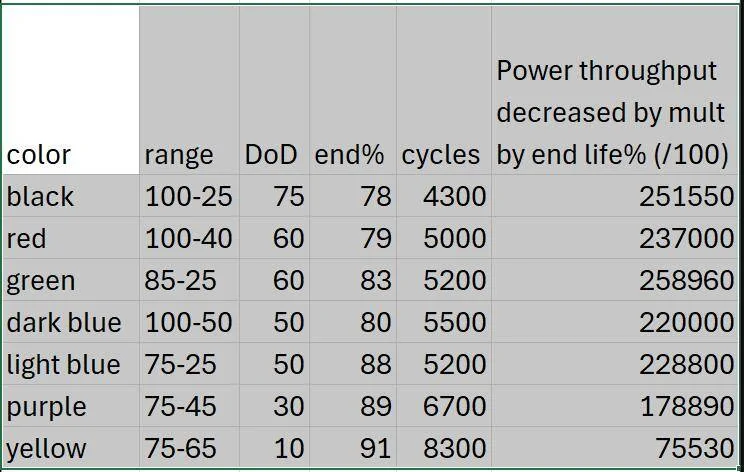Maxx
Well-known member
With these you can plug your Ford charger into your washer/dryer 240V outlet:Apologies for the silly question...I only have the ford mobile charger. I usually do not charge at home as I only have a regular outdoor outlet for level 1 charging. is there a way to plug in the vehicle but not charge, like to just keep the battery warm and in good shape but not draw a lot of electricity?
https://www.amazon.com/dp/B0821HJMJB?ref=ppx_yo2ov_dt_b_fed_asin_title
https://www.amazon.com/dp/B08XNX8KQ6?ref=ppx_yo2ov_dt_b_fed_asin_title
Edit: Sorry my bad. You can not do this with your Ford mobile charger. Forgot Ford charger is not adjustable and you may set your house on fire. I set my adjustable charger to 24 A. If you get an adjustable charger or 24 amp charger, you can do this.
Sponsored


